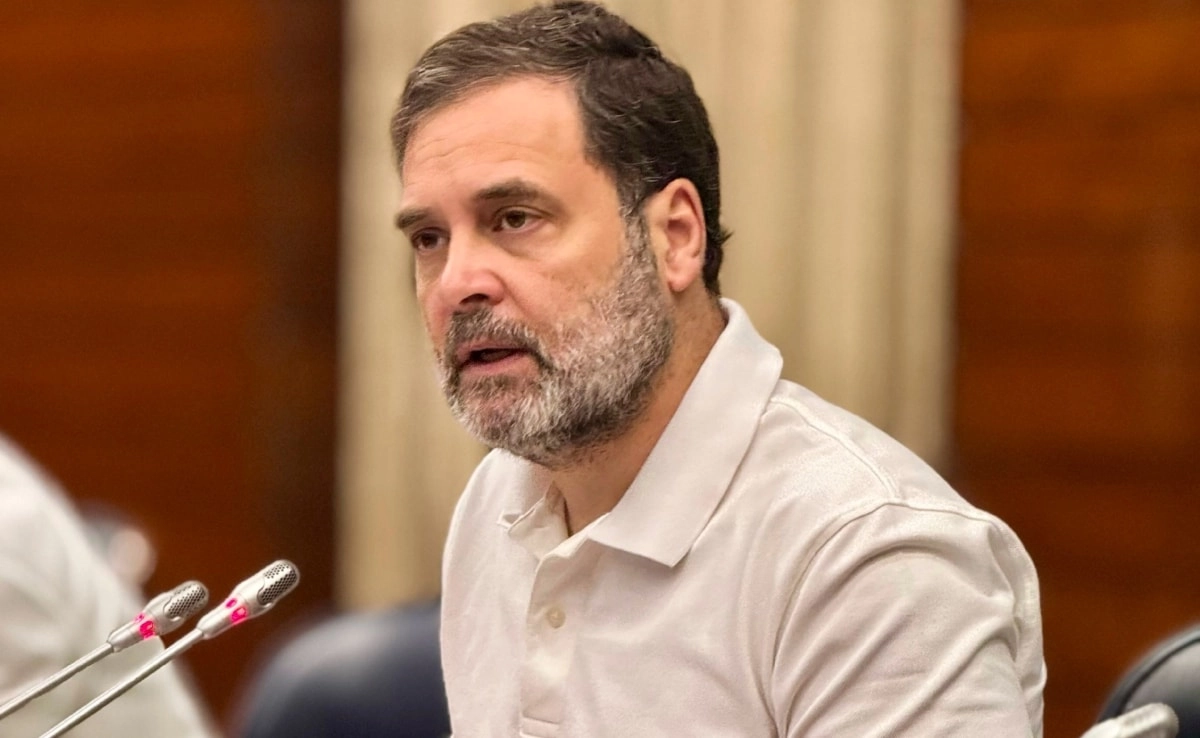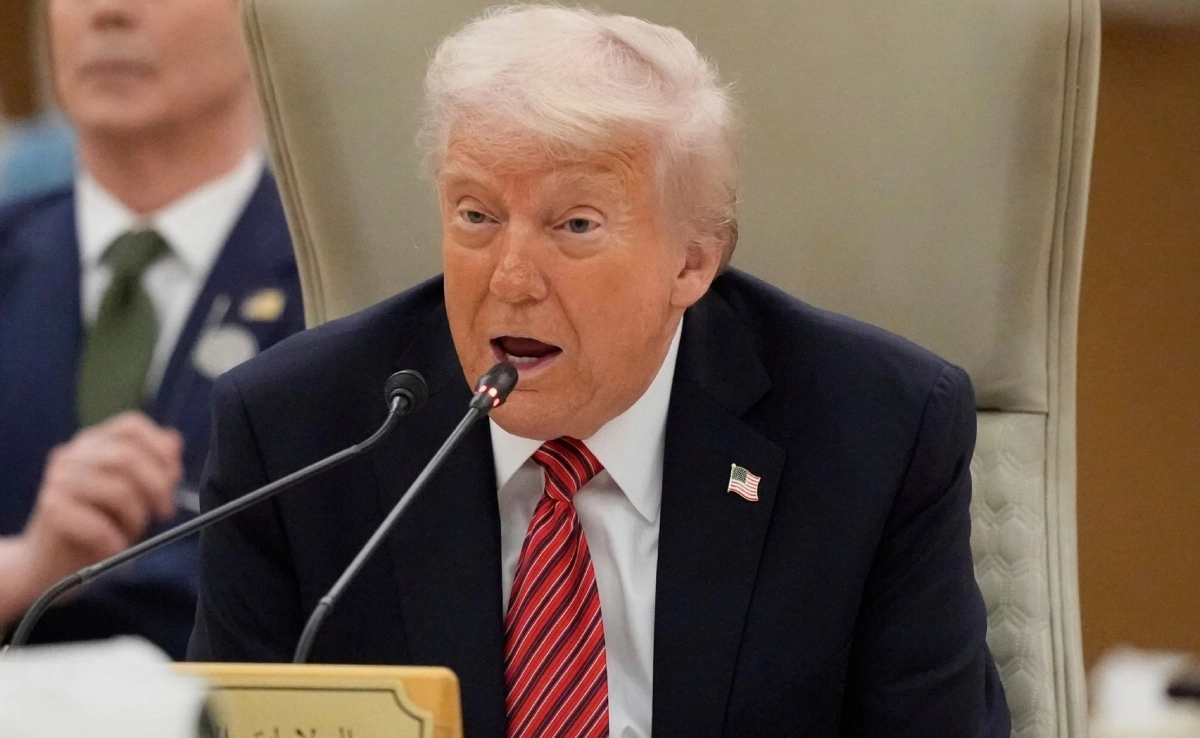Rahul Gandhi has expressed his approval of the recent move to conduct a caste census, highlighting it as a significant step towards ensuring equitable representation and social justice in India. He emphasized that this initiative aligns with the vision of creating a more inclusive society where every individual, regardless of their caste, has an equal opportunity to thrive. The caste system has long been a source of division and inequality in Indian society, and Gandhi’s remarks reflect a growing recognition among political leaders of the need to address these deep-seated issues.
By advocating for a caste census, Gandhi aims to bring to light the socio-economic conditions of various caste groups, especially those who have been historically marginalized. He believes that accurate data is crucial for formulating policies that can effectively address the disparities faced by these communities. The caste census will not only help in identifying the needs of different groups but also in allocating resources more fairly, thereby promoting social harmony and cohesion.
Moreover, Gandhi’s support for the caste census underscores a broader political strategy to engage with voters from diverse backgrounds. By championing the rights of marginalized communities, he seeks to build a coalition that transcends traditional party lines and resonates with the aspirations of a larger demographic. This initiative is not merely a bureaucratic exercise but a fundamental aspect of governance that can lead to transformative change in society.
In summary, Rahul Gandhi’s endorsement of the caste census reflects a commitment to social justice and inclusive governance. By pushing for this initiative, he aims to shed light on the complexities of caste dynamics in India and advocate for policies that foster equality and uplift the disadvantaged. The move represents a pivotal moment in the ongoing discourse around caste and its implications for social policy, potentially paving the way for a more equitable future for all citizens.




